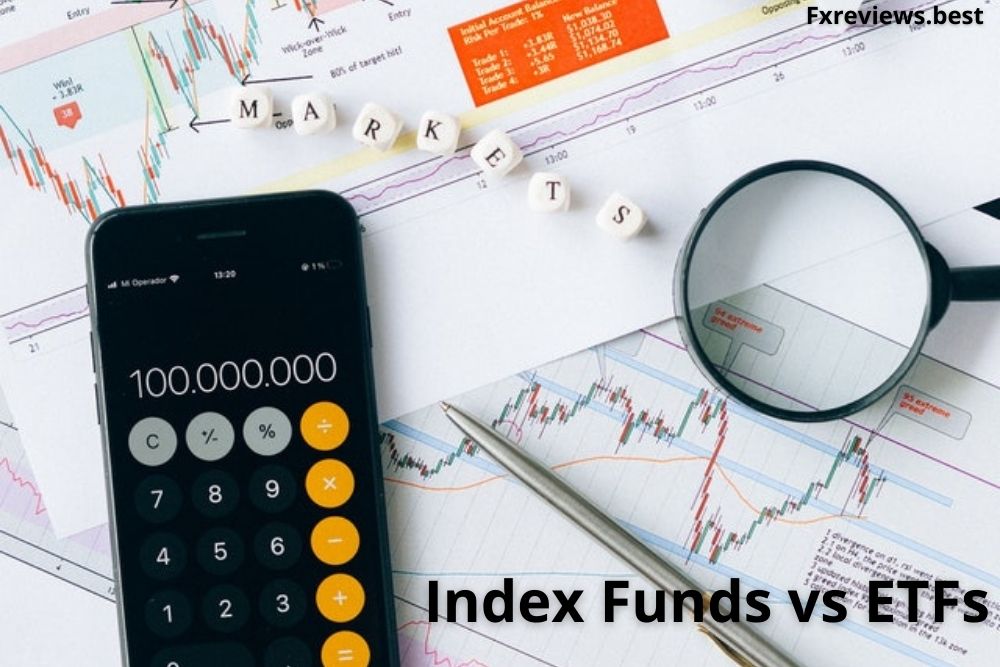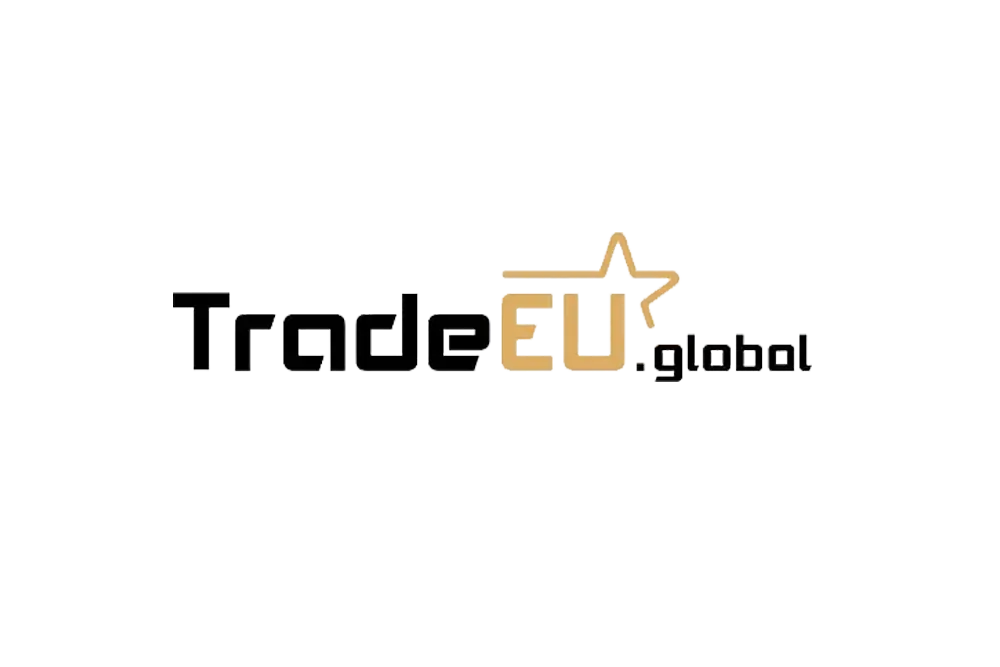Exchange-traded funds and index funds are the investments preferred by traders. Other than these two, there is an important derivative called mutual funds. An investment strategy that minimises the buying and selling to maximise the returns. Passive investments are a good choice for investing for a long period of time. For example, Index investment is where investors purchase the index and hold it for a long period of time. A portfolio investment strategy that minimises the trading cost and index funds and ETFs are the most common passive investments.
A cheaper and less complex investment that builds wealth gradually. Investors of such investments prefer to invest for long and earn from short term fluctuations of the market.
As discussed, index funds and ETFs are the two most traded investment strategies of passive investment. With this article, we’ll learn in detail about the two assets and how they differ from one another.
Index Funds
Index funds provide the investors with broad exposure to the market. As a result, traders have to pay lower expense ratios and portfolio turnover. The index fund portfolio is outlined to match the chosen market components of the index. For example, there are many indices for investment in the U.K market, such as FTSE 100 Index, etc. The funds follow the benchmark index and are not affected by the market movements.
The investment in index funds involves the fund manager and the investor. The fund manager selects securities as per the index compositions. Index funds mirror the index, and the performance of the funds is aligned with the returns generated by the index. The index funds are passive investments that carry less risk depending on the constitution of the funds.
These are good investment options with less risk and costs. The investment is also easily available for liquidation due to regular purchases and sales in the market. Most significantly, it mirrors the index and not beats it in the market.
Exchange-Traded Funds
ETFs are groups of securities that follow an underlying index for trade. These are similar to the shares that are listed over an exchange. The ETF shares are traded like stocks in the financial markets all day. The fund investment at ETF follows various strategies. ETF funds are invested in the same proportion as underlying indices. The units of ETFs are further traded on the listed stock exchange and do not involve any tracking error compared to index funds. The key points of ETFs are:
- Bought and sold in market trading hours
- ETFs are index-based
- Publish holding on a daily basis
- Allows to place a variety of orders
- Provides investors with the choice to design their portfolios
- Includes multiple investment strategies
- Less liquid in comparison to index funds
Similarities between Index Funds and ETFs
We have understood what index funds and ETFs are and their use in market trade. But what similarities they share is as well important before jumping to the differences. Therefore, the paragraph discusses similarities shared by index funds and ETFs:
Diversification
Diversification is a strategy that is used for entering into new investments with various features and technological use. Both the investments, index funds and ETFs lead to diversified portfolios of the investors. It is a great benefit for the traders as a good portfolio in trade minimises the risk. The risk is diversified with several investments. Index funds and ETFs are low-cost passive investments, thus profitable for the investors.
Low cost
Index funds and ETFs are passive investments that have less risk and cost compared to other investments. This is because the funds are based on an index and generate returns as per the index. Additional funds like mutual funds have a set of experts that trade on behalf of investors, and thus the cost of trading is high. But in index funds and ETFs, there’s no expert involved to trade; investors themselves decide and trade. Therefore a low cost and less complicated trade.
Long term returns
Index funds and ETFs are long term investments that outperform active investments like mutual funds. As they track the index, the ups and downs of the index are followed and have always given positive returns. The long-term investment trader studies the market and gives traders time to decide on their actions. As a result, traders generate profits in the long term investments and are less stressed.
Difference between an Index fund and ETF
The two trading instruments belong to the same category of passive investments; they have many dissimilarities. Exchange-traded fund vs Index fund is quite a topic to be talked about for a better understanding and trade. Financial instruments play a vital role in the trade; if a trader decides and trades in passive instruments, then knowledge of the ETF vs Fund is a must.
Process of buying and selling
The way the exchange-traded fund and index fund are purchased and sold in the market is different. ETFs are like shares and are traded throughout the day, whereas index funds are traded as per the price set at the end of the trading day.
Index funds are therefore purchased for the long term, and if the traders are trading in day trading, they have to consider the trade timing of the instrument. A long term trade does not impact the value of the instrument that much. ETFs are a better choice for day traders because of their availability. Both can trade in the long term, but the time limits differ, and this could be easier to trade with an ETF with a whole day of trade than index funds.
Minimum Investment
The ETF and index fund both have low investment needs. But ETFs are more cost-friendly than index funds as they only require the investment amount for the share that could even be purchased in fractions, further minimising the cost. On the other hand, index funds involve brokers who have a requirement of a minimum initial deposit for the trade. Every broker has different deposit needs for the trade; thus, the cost of investment increases.
However, there are online brokers as well who do not have any initial investment. The two passive investments are costly with some cost changes. With these, the charges also should be checked before going for any broker. TradeATF is the leading online broker that offers best trading services and wide range of trading instruments including forex, stocks, commodities, ETFs, Bonds, etc. Open your account with TradeATF
Capital Gain Taxes
The structure of the funds differs, which is the reason for the tax efficiency. ETFs are more tax-efficient; the direct purchase and sale of shares make it easy for traders to have the capital. In contrast, index funds involve the redemption of the funds from a fund manager. The manager further sells the funds and generates cash. The net gains of the funds are transferred to every investor; thus, capital gains tax is there without even selling the shares. However, mutual funds are more prone to this unusual taxing, but in comparison to ETF vs Funds, ETFs are more tax savvy.
Index funds are taxed according to their position, and ETFs are taxed as per the share liabilities in the market.
Cost of owning
Cost of trading and commissions are factors that traders must consider before choosing an instrument of trade. ETFs and index funds both can have extra charges if traded through a broker. However, an ETF has more costs like bid-ask price, flat fees etc., while trading, whereas index funds only have commission charges. Thus, making it more preferred than ETFs. The two passive investments are low cost when compared to active investments of the market.
The expense ratio of the two should also be analysed before trading. Index funds have a minimum expense ratio of 1% to 1.8%. ETFs have a minimal charge of 0.5% and a maintenance charge of 1% on the Demat accounts. If a trader buys and sells regularly, then all the costs mentioned above and factors are necessary.
Settlement time
The settlement time of an ETF is three days, whereas index funds have only one day to settle their trade.
Utility
Index funds are for retirement time periods or for long terms to create wealth. In contrast, ETFs are trading strategies used for long term investments.
Advantages of Index Fund
Index funds are a helpful trade investment offering many advantages for traders. Here, we have mentioned the benefits that traders can enjoy while trading in funds:
- High returns in comparison to other funds
- Do not involve any company or expert in between
- Low management fees
- Diversification
- Passive investment
- Cost friendly
- Groups of institutional investors
- Less taxable
Drawbacks of Index Fund
The index funds also have some drawbacks that we have listed below:
- Depending on the index, if the worth of the index increases in the market, only traders will have profits.
- Fund managers may sometimes not work correctly and could not invest in indexes efficiently, which leads to loss.
- No downside protection for the traders of index funds
- The trader is not able to take full advantage of the opportunities.
- There is a lack of professional portfolio management.
- If there are underperformers in the index group, then a trader does not have the option to trim them.
Advantages of ETF
ETFs are an excellent choice if traded adequately; they have the following advantages to attract traders:
- Lower costs: ETFs are like shares and could be purchased in fractions; thus are less expensive. Moreover, they have a lower expense ratio than mutual funds.
- Diversification: The ETFs are traded on listed stock exchanges and thus are a good option for diversification. Traders who invest in such shares can minimise their risks.
- Liquidity: ETFs are traded on day trading and other ways as well thus are available for trade any time of the day. The traders can buy and sell in highly volatile markets.
- Tax Efficiency: Investors of an ETF have control over their trade and do not have any middlemen to trade; therefore, the profits and losses are directly owned by investors. This makes it tax efficient with no extra costs.
- Purchase: ETFs can be purchased in small amounts. Being shares, they are divided into fractions so that traders can purchase them as per their requirements.
- Sector investing: ETFs are purchased by a sector of the economy.
Disadvantages of ETF
ETFs have two disadvantages that can be improved if the traders invest properly and understand the market and trade.
- Over Diversification: As these are programmed to follow indexes and not traded actively, there are chances that ETFs are over diversified. Depending upon the index, if there are no good stocks, then it may be risky.
- Lack of Rebalancing: They track the index and do not rebalance the portfolios of the traders.
Conclusion
ETF and Index funds are important passive investments to diversify the portfolio of the traders. The two share similarities and differences; being from the same class of investments makes them a choice for every trader. Therefore, before going ahead with the investment, traders must check with the features of ETF and Index funds.
ETFs are cost-effective, liquid, tax-savvy and available for trade all day. On the other hand, Index funds are also cost-effective but charge more tax than ETFs. They are also not available for trade all day. Investors have to trade within the market trading hours. The settlement time, costs, utility and minimum investments all differ for both the instruments of trade. Therefore, it is advisable that investors must understand their use in the market.


